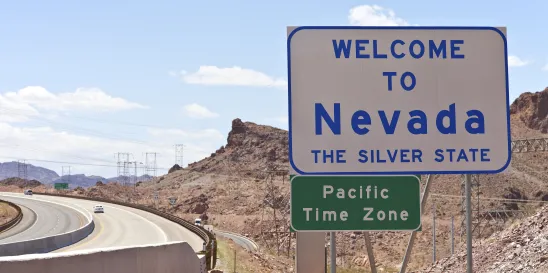The federal Patient Safety and Quality Improvement Act (PSQIA) promotes care quality and safety improvement practices in hospitals because they help improve patient outcomes and reduce risk. The PSQIA shields these efforts from civil discovery. Nevada recently rejected a patient’s effort to create a new form of waiver. This ruling promotes confidence in hospitals and other care facilities that efforts taken consistent with PSQIA will not be held against them in litigation.
Background
Sunrise Hospital and Medical Center, LLC v. Eighth Judicial District Court is a medical malpractice action regarding a child born prematurely with complications who was placed in the NICU. The patient allegedly later suffered permanent developmental damage due to alleged medical malpractice. The hospital investigated the incident through its Patient Safety Committee. The child later sued the hospital and sought discovery related to the hospital’s investigation, including data examined by the Committee. The district court concluded the hospital had waived its PSQIA privilege by permitting personnel to testify about certain privileged topics, thus information about the Patient Safety Committee investigation was discoverable. This raised concerns that the hospital’s efforts to improve patient outcomes and reduce risks could be used against it in future cases.
The Opinion
The Nevada Supreme Court overruled the district court. Specifically, PSQIA provides that the privilege regarding identifiable patient safety work product could only be exempted in certain criminal proceedings, in civil actions brought by a good-faith reporter or when every medical provider identified in the work product authorized disclosure. The district court had created a new exception – that patient safety work product disclosed permissibly would not be privileged. The Nevada Supreme Court concluded this exception was inconsistent with the statutory language and legislative intent, which was to create a balance between plaintiffs’ rights and the need to create a culture in which the health care industry was safe to identify, learn from and rectify errors. It determined the PSQIA privilege over identifiable patient safety work product is absolute and cannot be waived.
Sunrise Hospital should help hospitals and other care facilities feel confident that implementing processes consistent with PSQIA’s language will not be used against them in later litigation.


 />i
/>i
